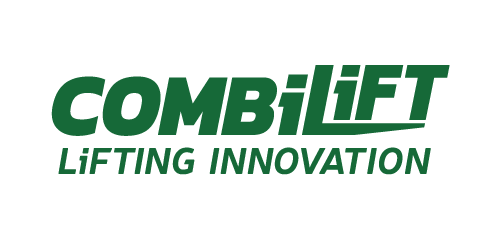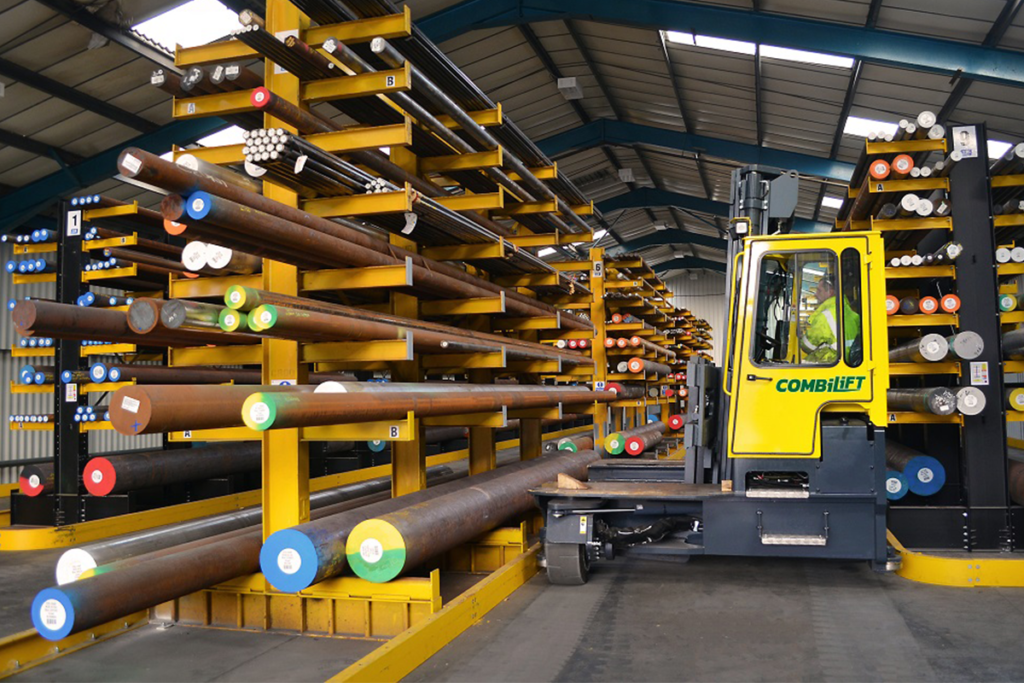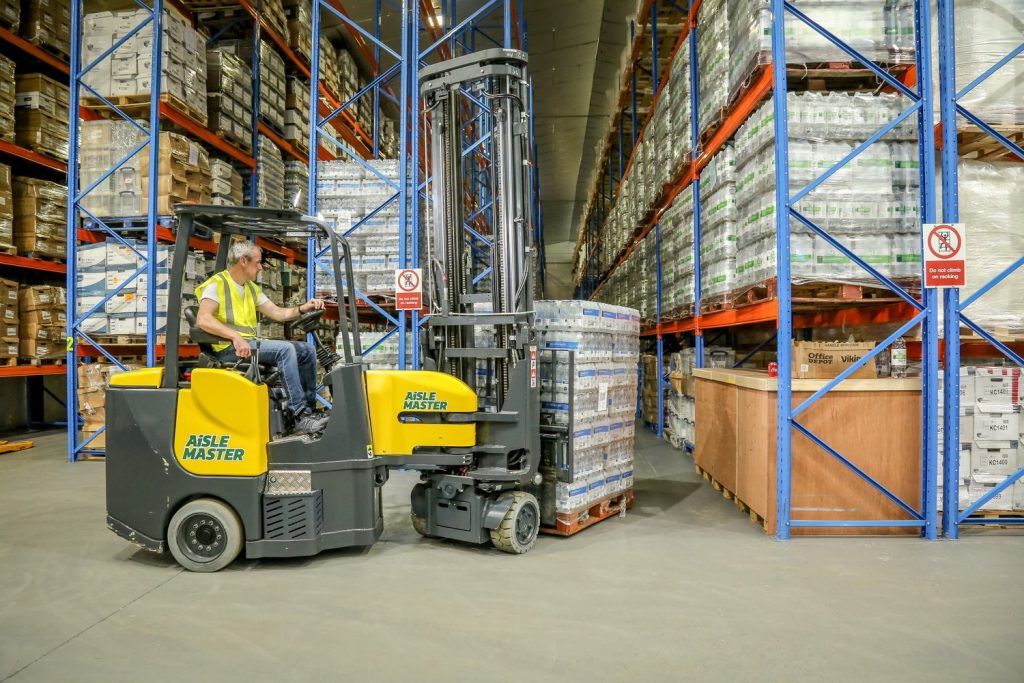Regardless of the sector in which you work, your warehouse is more than just a place to store raw materials and finished products; it’s a competitive asset that can help you meet long-term financial and environmental goals. Those who incorporate sustainable warehousing practices can reap many benefits, and we have outlined some of them for you below.
1. Minimise your Warehouse Footprint
Inefficient use of warehouse space can lead to unnecessary operational costs, land usage and labour expenses. However, by investing in a sustainable design and maximising your warehouse’s interior capacity used to store raw materials or finished products, you can reduce your operational costs over the lifetime of your warehouse.
Increasing cube utilisation by constructing narrower aisles and taller pallet racks is one of the most efficient ways to do this and to get the most out of your warehouse space. As your business grows and develops, it also will help you avoid relocating or constructing a larger facility that would inevitably increase your warehouse footprint.
2. Meet Your Customers Expectations
Incorporating sustainable warehousing practices is more than an environmental gesture; customers expect businesses to operate in an ecologically and socially responsible manner, and it is often a deciding factor in their purchasing decisions. In addition, for customers to reach their own sustainable goals, they usually favour purchasing and supporting businesses that are making a conscious effort to embrace purpose-driven initiatives. Therefore, adopting a granular perspective of customer sustainability expectations and enforcing eco-friendly practices will not only help you attract new customers but will also help retain existing ones
3. Improve Your Overall Productivity
Going green in the workplace can also increase productivity as it provides a far more pleasant working environment for your employees, enhancing their motivation and contentment. Staff are more likely to work diligently and improve efficiency when working for an organisation that share their ideals and values. Therefore, companies that invest in sustainable initiatives foster a culture that is desired by focusing on and offering value to society.
Giving employees a voice in presenting their ideas for how your organisation can become more environmentally friendly can also boost productivity by instilling a sense of belonging and responsibility to help and make a difference for your community. Not only will sustainable business practices empower your current employees but it can also help you to attract the calibre of people of whom you want to be part of your business.
4. Maximise the Quality of Your Production and Products
Maximising the quality of your production and products is a significant incentive to become a sustainable warehouse. One approach to do this is to adopt “Lean Manufacturing”. The quality of production and products is strengthened by eliminating non-value-added operations, detecting defects along with processes, resolving them, and preventing them in the future. This reduces waste which can be in the form of human effort, unnecessary materials, or any action that consumes time or space.
Eliminating operations that obstruct the process of maximising quality is of utmost importance. This aids in the development of environmentally sustainable practices by identifying adverse environmental impacts prior to them occurring. Implementing frequent check-ins and follow-ups is critical to maintaining the highest levels of quality. This would not only reduce your costs by getting rid of needless materials, but it would also contribute to a cleaner and more environmentally responsible brand image.
5. Reduce Your Operational Costs
Developing a more sustainable warehouse makes economic sense in reducing your operational expenses. The costs may appear significant initially; however, the payback is far greater in the long run. Take solar panels, for example; while they may be expensive at the time of purchase, they will save money on utility bills in the long term. Harvesting rainwater for use in various areas of an organisation, such as the bathrooms, can also lower your costs by reducing the amount of freshwater required.
Employing renewable energy sources can prove to be very worthwhile and a good investment. Nonetheless, not all adjustments made to your warehouse must be costly; every small change can make a considerable difference in conserving energy and reducing pollutants. Saving paper by printing on both sides or switching off lights when they are not in use adds up and can make a difference in protecting our environment and saving money.


















